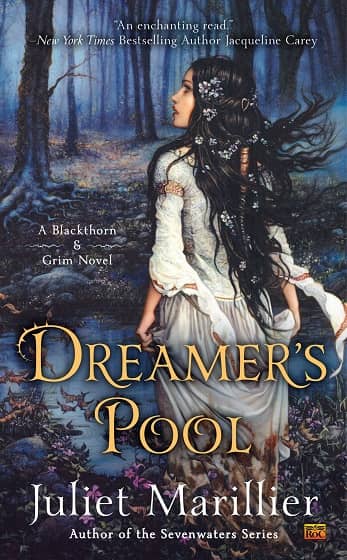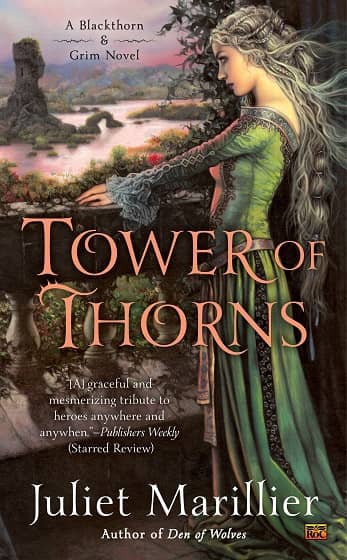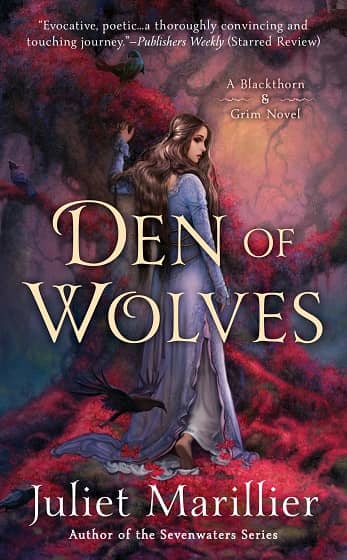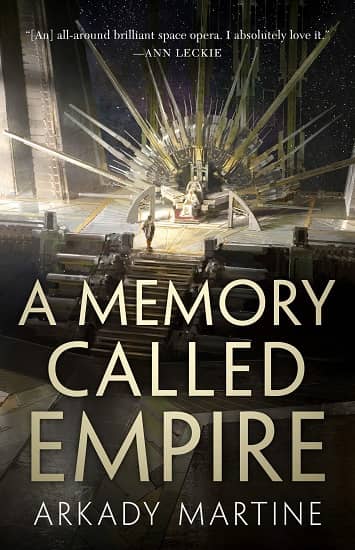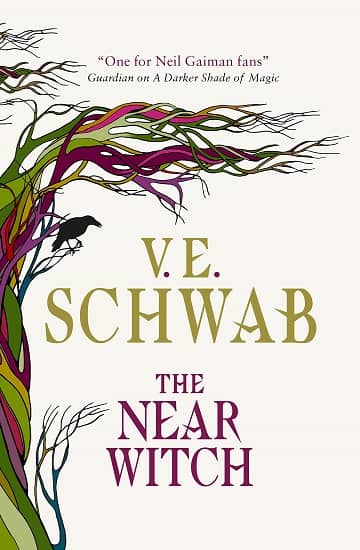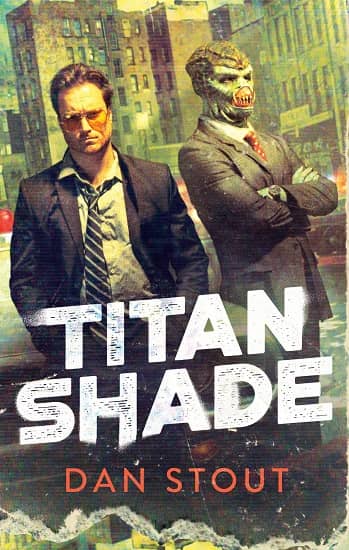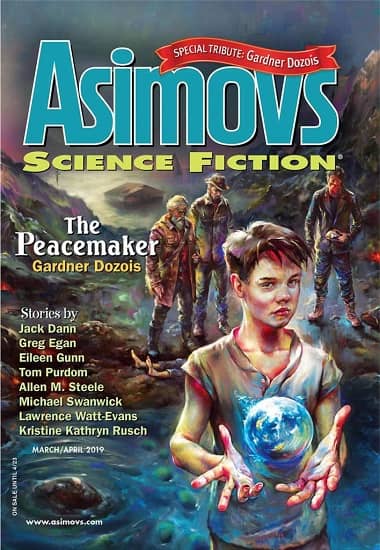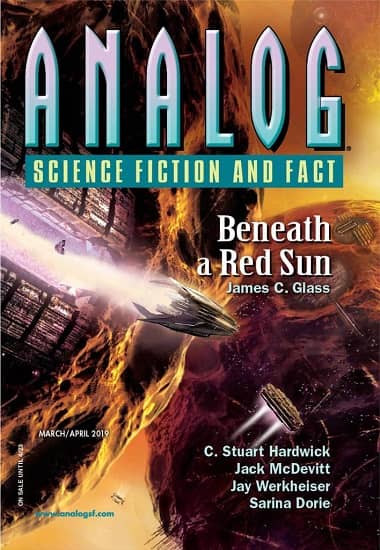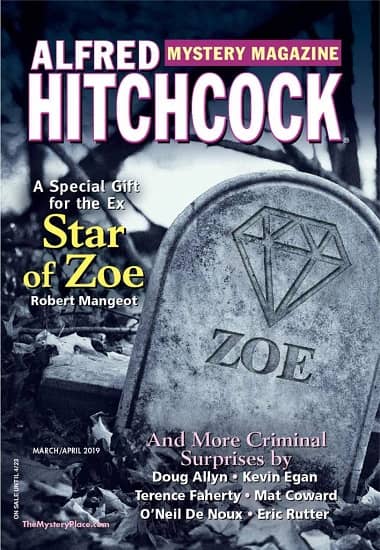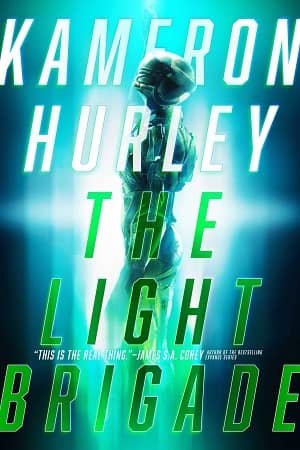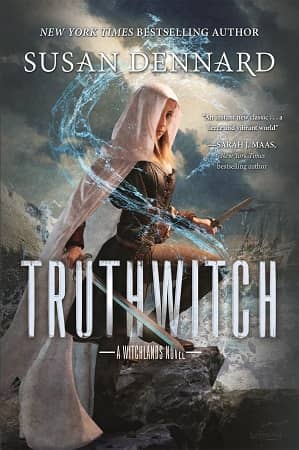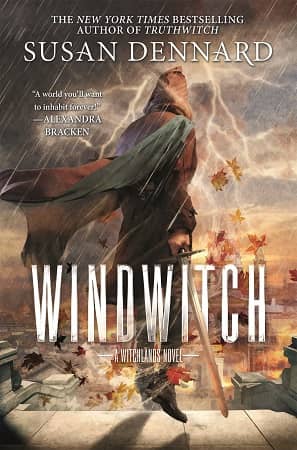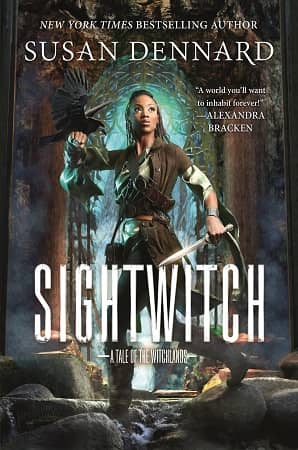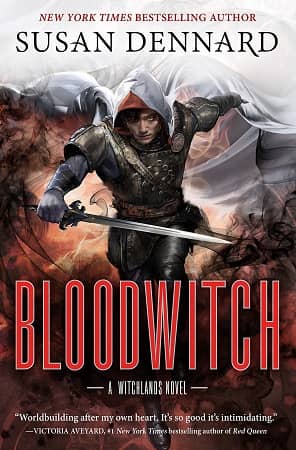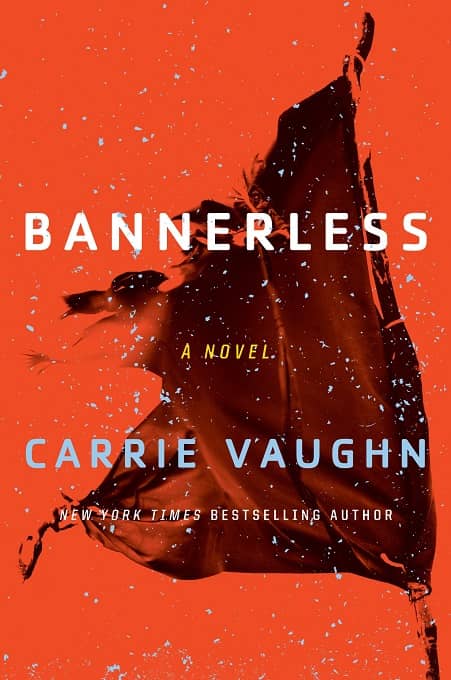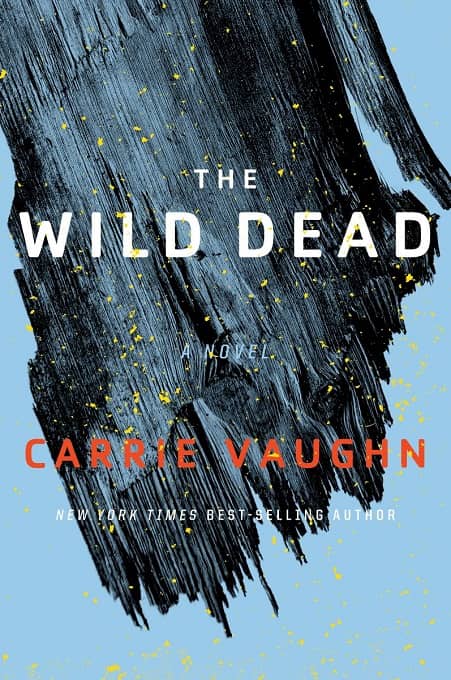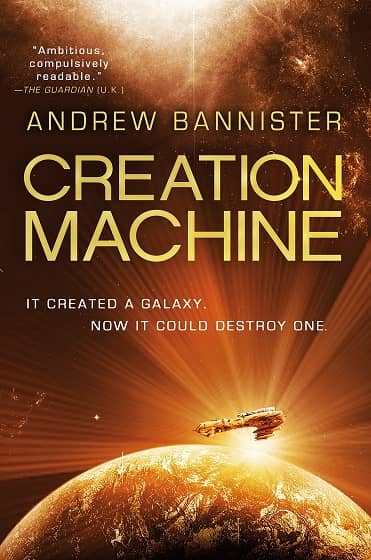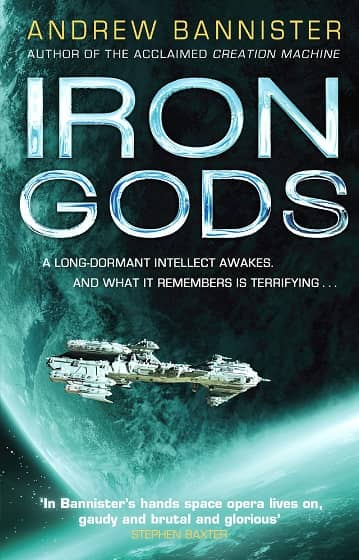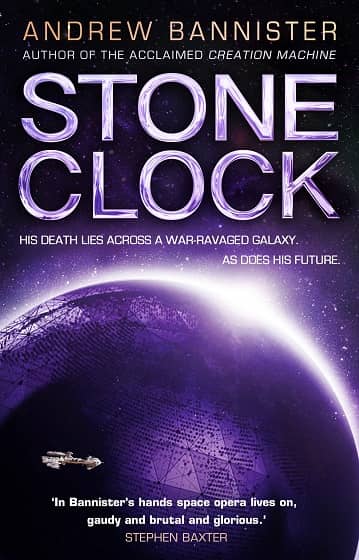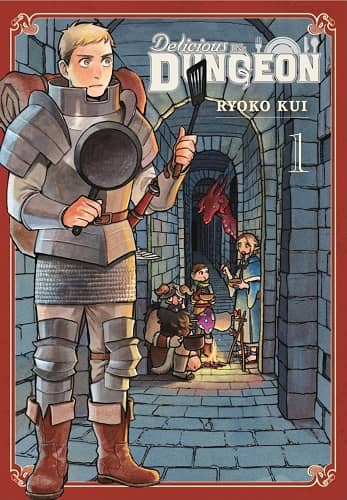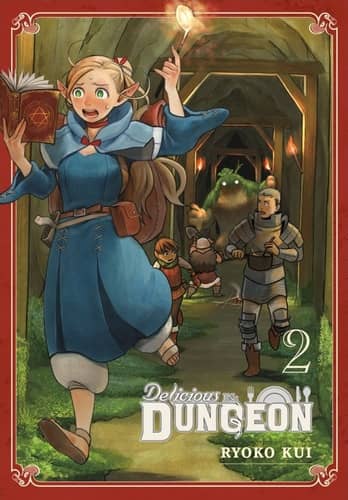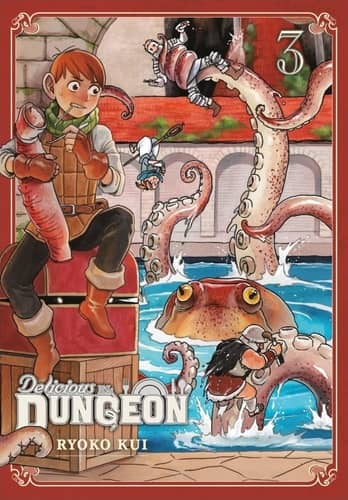New Treasures: The Wormwood Trilogy by Tade Thompson
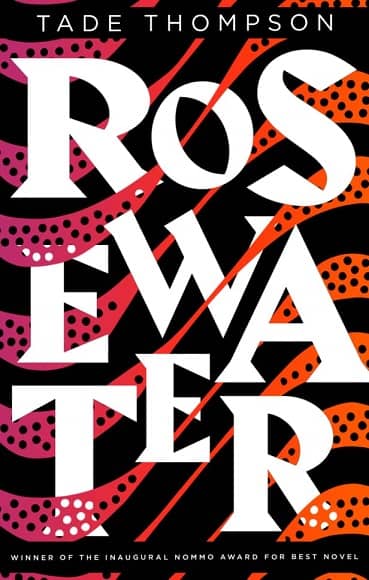 |
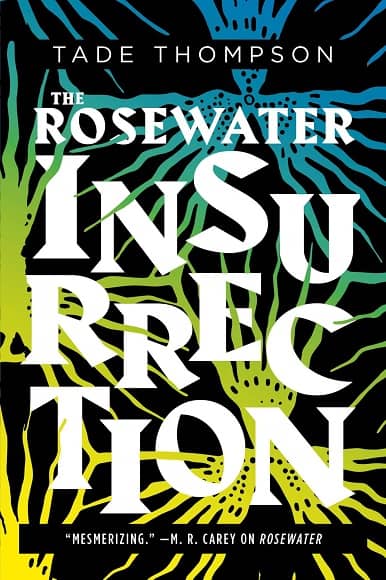 |
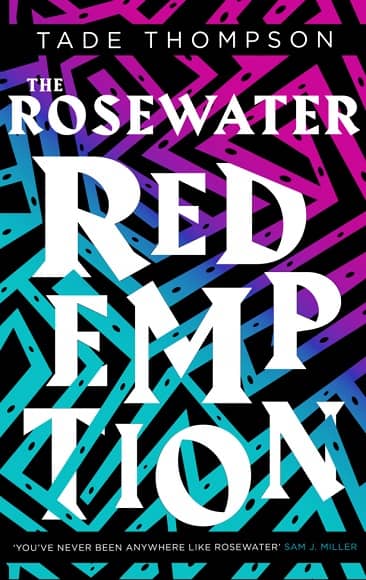 |
Tade Thompson’s second novel Rosewater was one of the more intriguing books published last year. Here’s a snippet from Ross Johnson’s rave review at the B&N Sci-fi & Fantasy blog, which labeled it “a groundbreaking future noir.”
In the Nigeria of the mid-21st century, a makeshift town has sprung up around a mysterious dome that inexplicably appeared there some time in the recent past. Though the structure is alien in origin, its purpose is unclear—its influences can be malign, but also dramatically beneficial. Approximately once a year, people come from far and wide to take advantage of the healing powers released by the structure, but the effects aren’t entirely predictable, and sometimes leave pilgrims mangled and malformed — and those who die are left vulnerable to soulless reanimation. Still, HIV and cancer are completely curable in this altered world, and that alone makes the journey worth the risk.
This is all the backdrop for the story of Kaaro, a former thief and sometimes rogue government agent, first recruited for his unique sensitivity to the minds of others. For in the new world of the dome, a small portion of humans have developed empathic and telepathic powers, to greater and lesser degrees, and Kaaro is near the top of the scale. As a young man, he used his abilities to hunt down his neighbors’ valuables. As an adult, he’s tasked with interrogating subversives and potential public enemies, even as turbulent political waters leave those categories clouded.
Though generally mercenary in his considerations, Kaaro is ultimately pushed too far by his handlers in Section 45, threads of classic noir run thread through the story. A reluctant hero (when he’s being heroic at all), there’s a strong sense throughout that Kaaro’s sins and flaws might ultimately be his undoing… It is, on one level, an engaging future noir about a flawed protagonist falling into the role of reluctant hero while coming to grips with an alien mystery, and that alone would make for a solid read. But Thompson’s ambitions are greater, and alongside the complex puzzles and multiple mysteries, he has a great deal to say about the ways in which individuals, whatever their nations of origin, respond to oppressive governments.
The second volume in what’s now being called The Wormwood Trilogy will be published next week in trade paperback from Orbit; and the final book arrives just six months later. Here’s the description for both.
